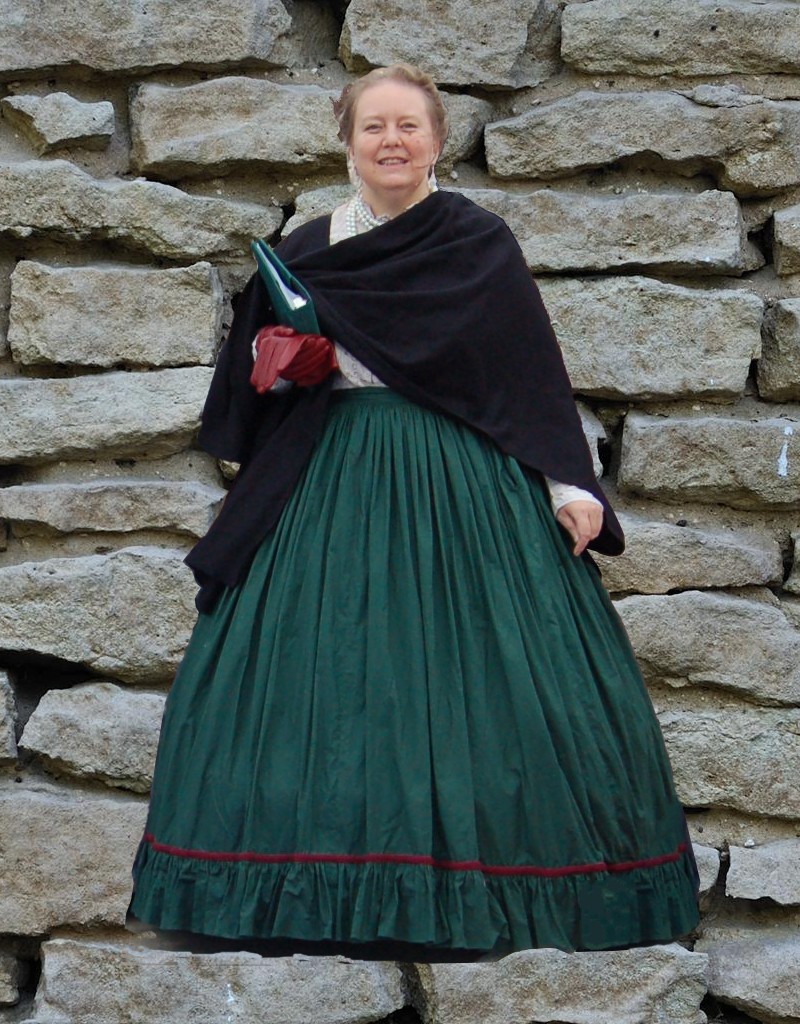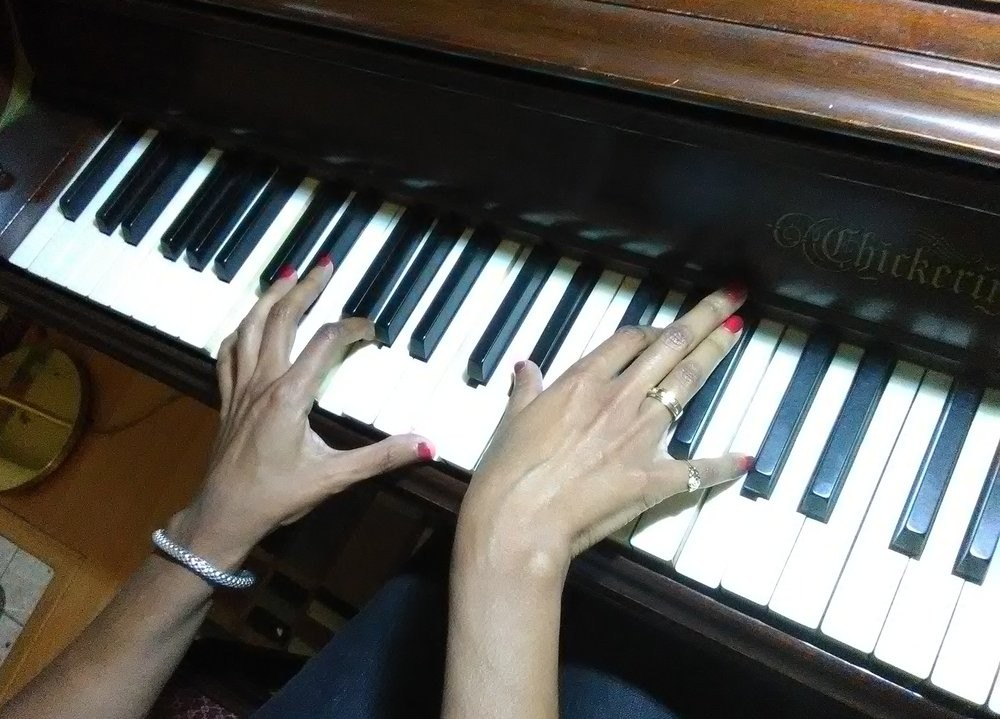We recently connected with Cynthia Wunsch and have shared our conversation below.
Cynthia, looking forward to hearing all of your stories today. We’d love to go back in time and hear the story of how you came up with the name of your brand?
I had hired several marketing people to come up with names for my company, but I didn’t like any of them. My father has an ongoing war with squirrels, and I was looking for ways to keep them off my parents’ property, and it turns out that blue jays don’t like squirrels. I went online to find out how to attract blue jays to my parents’ property, and the first result was “Toronto Blue Jays Strike the Right Note.” I thought, what a great company name for my business! It turned out that the domain name was free, and nobody had registered that name in my county for a DBA, so I jumped on the opportunity.



Cynthia, before we move on to more of these sorts of questions, can you take some time to bring our readers up to speed on you and what you do?
I was originally studying neuroscience, but there were no medical schools offering research-track positions at the time that I graduated. My brother convinced me to go into computer programming, and I was successful, but I didn’t like it. Then a neighbor gave me a copy of “What Color is Your Parachute?” and based on the work I did in the book, I decided to give classical music a try. I started out in a low-risk community college environment and discovered I could be successful. Soon I was in a graduate program for music and then attended an International Master Class in the Czech Republic and stayed on to sing opera in Europe for small regional companies.
I give private singing voice lessons, private speaking voice lessons, and private classical piano lessons.
What sets me apart from other teachers? First, I concentrate on my strengths. I’m not a teacher who gives lessons in everything from accordion to zither.
Second, I grew up in a family of scientists, and therefore much of my teaching is in helping my students to understand how their voices, the piano, or music works. Here my pre-med studies, music theory, and what I learned of physics in my science classes really pays off. Additionally, almost all of the early focus in lessons is on technique; once you have mastered technique, the rest is really simple.
I’m most proud of the way I have adapted teaching so that my students have a lot of early success: for example, all of my piano students are able to play with both hands a simple piece of music written by a prominent classical composer, and begin reading that music, in just one thirty-minute lesson. Many of them need my help in that first composition for only the first few notes and can read the music by themselves after that.
My voice students also benefit from my techniques, in that they may not sing for months, but when they first begin singing, they have full control of their vocal technique and can concentrate on the musical aspects of the song, rather than worrying about hitting high notes, or managing their vocal registers. And because we use the same voice for singing and speaking, my speaking voice students are able to speak longer and with much less effort, and even be heard in large rooms without a microphone.
Let’s talk about resilience next – do you have a story you can share with us?
When I attended the International Master Class in the Czech Republic, I had almost completed my Master of Music degree with an extremely high GPA, multiple scholarships, and a reputation for excellent work. I auditioned for placement in the program, and to my dismay, I was put in with the ten-year-old students! My voice teacher asked me how long I had taken voice lessons for, and I told her, and she asked, “And you paid for these lessons?” I can remember being humiliated, but I was determined to work as hard as I could to improve. My teachers were impressed with my daily progress and were very encouraging. After the master class I continued working as hard as I could, and eventually I found a teacher in Paris, France, who set me on a completely different track with my voice. I saw radical improvement in just a few weeks, and that set my career on an entirely new track. I can’t thank all those teachers I had in Europe enough!



Where do you think you get most of your clients from?
There are two main sources for new clients: the first is from the networking groups I have joined. I have built a reputation over the years and most of the people in my networking groups have felt very comfortable entrusting their reputations to me by referring their friends, family members, and clients.
The second main source of new clients is the recommendations that my students leave on various sites. I ask that my students do not leave a review right away, but wait until they have worked with me for quite some time, and that way they can give an honest, informed, and in-depth review that is geared towards potential students with similar goals.
Contact Info:
- Website: http://www.striketherightnote.com
- Instagram: https://www.instagram.com/strikerightnote/
- Facebook: https://www.facebook.com/StrikeTheRightNote
- Linkedin: https://www.linkedin.com/in/cynthiawunsch
- Twitter: https://twitter.com/strikerightnote
- Youtube: https://www.youtube.com/user/striketherightnote
- Yelp: https://www.yelp.com/biz/strike-the-right-note-carrollton-2
- Other: https://www.pinterest.com/strikerightnote/ https://www.zazzle.com/store/striketherightnote
Image Credits
Cynthia K. Wunsch, M.M.


